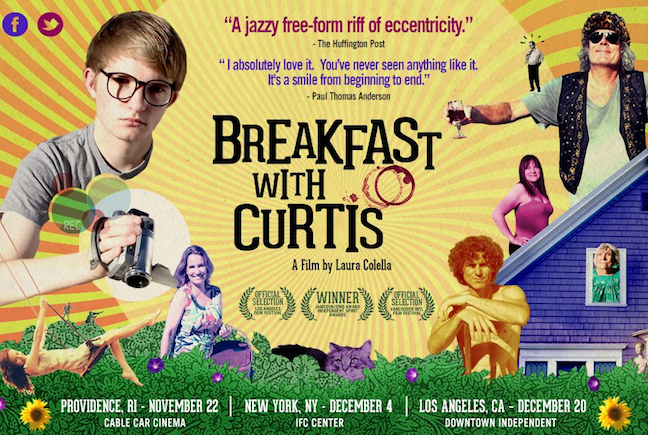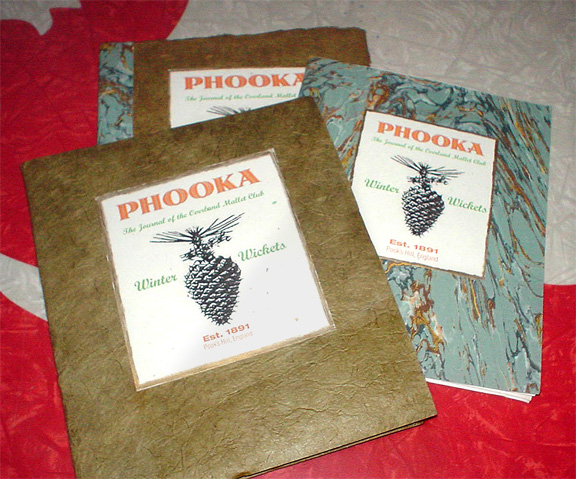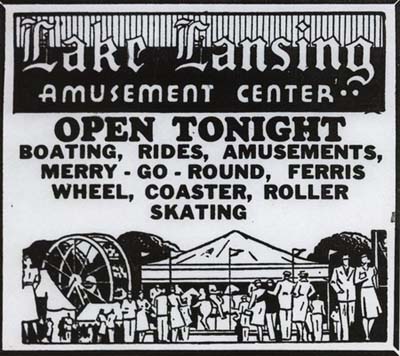There’s a movie today that dare not speak its name. …The Slicer. The slice of life flick. I’m not sure you can even call them movies.
Slicers are charming and quirky. And nobody involved with one dares get in its way. The realism must come through.
A slicer could be made about anyone’s life.
The indie scene created this type. And keeps making it over and over and over.
There’s a mix up. People learn a lesson. Life can be hard but love wins. We accept our differences.
The director doesn’t direct. Actors don’t act. Sound is natural … only what you would expect in that moment. It all fits. Nothing is intentional. It’s all true to life. Everything is so unobtrusive … that’s how you know it’s good. I guess. You can’t even tell it was directed. Or that there’s a story.
They also form the basis of all the hundreds of new movies being cranked out for streaming. They must be quick, easy, cheap. Also they fit perfectly into the bingeable formula.
Isn’t it crazy that the indie movie breakthru is what is fueling today’s screen enslavement? …Quirky plot twists we can’t put down.
Yet I can’t find anything written about this new ironclad new genre!
They are charming, alluring. I’m as drawn in as anyone. But I also want to find out just what is happening!
These slicers are cloning themselves faster and faster!
Wes Anderson intrudes. He’s oldschool. He has directing, camerawork, and picks songs rather than letting them pick themselves. He’s no slicer. But his actors “do their thing” … over and over. They phone it in. They are just themselves. So natural! And, um, I’m worried that Wes himself is just making Wes movies over and over at this point. I guess every artist has their style. But at least he has a style! Slicing is about avoiding style. Stay out of the way!
For some crazy reason I think if someone finally gets their hands on the levers they’d naturally pull a variety of them. Instead it’s like each winner gets their hands taped to a particular golden lever. Once they find anything that works, no way are they allowed to mess with something new. Are you nuts?
When a band gets big can they suddenly release something different? Could the Stones ever play new or fresh music that didn’t sound like previous Stones music? REM had a sound. And had to do it over and over while they were hot. They were employees like anyone. They couldn’t just play music they want to! That’s the Curse of the Hit.
Each indie moviemaker might be small but overall the genre has had a big impact. So overall the genre has developed rules that none of the little indie players in the scene can break. …Meaning, they are no longer indie.
The indie movie anti-celebrity scene now has the same limitations of formula that the corporate celebrity scene has. Oh the irony!
What is unique about corporations? They have a lot of money, are about money, and put most of their work into the money side. Well, what about the little guys, the indies? I’ve heard that non-profits because they’re desperate and poor, or maybe just because they’re dependent (they’re not all poor), can be as obsessed about money as a billionaire. So just because indie budgets are small doesn’t mean they’re not tightly ruled by the Benjamins. Heck BECAUSE they are small they can’t afford to be risky. The same forces work on everyone.
Anyway, I’d like to find some thoughtful analysis of today’s big Indie Formula — the Slicer.
Martha doesn’t like it that I call attention to it as a specific artform with rules. I spoil it. …I hope not. Knowledge is good.
To me, it’s a bit like exposing the artifice of today’s novels. …That they are all created through the mechanism of a circular critique in an MFA class. And that they have strict rules. And that, to please enough people in a critique session, they will be trivial and show their flourishes in irrelevancies such as clever word play or time travel. …The slavishness of today’s fiction writing is especially galling after all rules about novels were long ago shattered. Fiction and poetry are supposed to be more indie than other art, because of their essential boundlessness and low overhead, but because it is in such decline and is so desperate there is vast copycatting. I wouldn’t be surprised if half the novels today were about writing professors and love triangles. “David and Angela were finally getting comfortable in their tenured positions at so’n’so when they encountered the devilish Bart and Sonya at the faculty mixer. They’d never be the same.” So it seems we have to evaluate fiction and movies like this: Given what we know about the formula you have to use, how does the result strike us? Is it honest? Does it admit to its slavery? Does it explore what this has cost it and lost it? Does it acknowledge its betters? Does it explain why we should spend time with it? Great art can have weakness and work with it. Duh! Some has less than others, of course. But anything CAN be used. How can we tell when it is?
If we’re not experiencing art as escapism then knowing the rules and limits can only help us appreciate the achievement more. …Or the lack thereof. Also, the more arbitrary rules an artwork follows it seems the likelier it will become dated.
Hey, I found something! A start. Why, good ol’ wiki!
en.wikipedia.org/wiki/Slice_of_life



